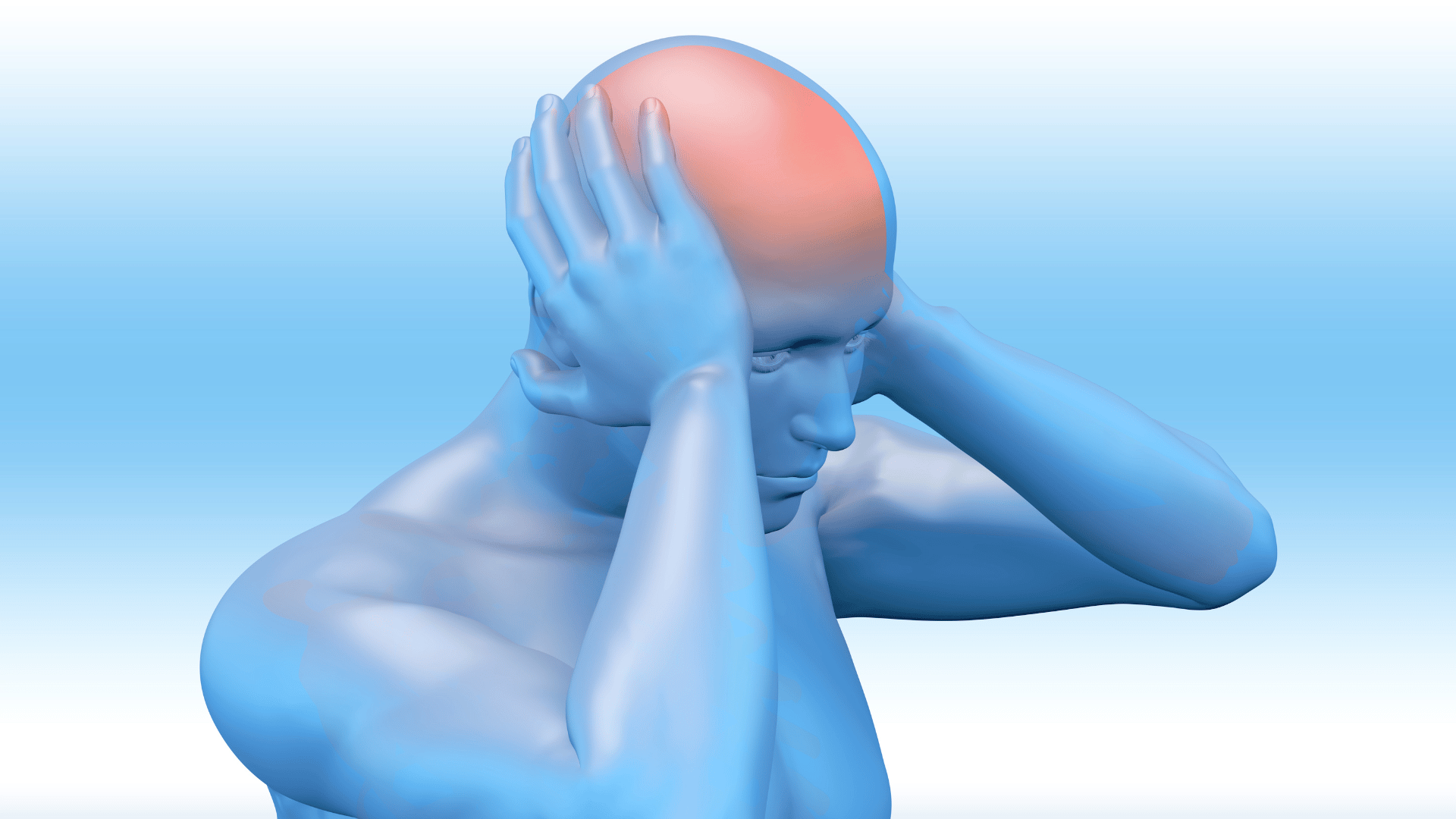What is Migraine?
Migraine is a neurological condition characterized by recurrent, intense headaches often accompanied by nausea, vomiting, and sensitivity to light or sound. Unlike ordinary headaches, migraines can last from a few hours to several days and significantly impact daily life.
In Ayurveda, migraine is often linked to imbalanced Pitta and Vata doshas, leading to excessive heat, stress, and disturbed nervous system functioning.
Who is Prone to Migraine?
Migraines can affect anyone, but certain triggers and conditions increase the risk. People may be more prone if they experience:
- Frequent stress or anxiety
- Irregular sleep patterns
- Excessive screen time
- Skipping meals or irregular eating habits
- Hormonal changes (especially in women)
- Sensitivity to strong smells, lights, or loud sounds
- Consumption of excessive caffeine, alcohol, or processed foods
Possible Risks of Migraine (If Ignored)
If left unmanaged, migraines may cause:
- Chronic migraine attacks (15+ days/month)
- Dependence on painkillers (causing rebound headaches)
- Sleep disturbances & fatigue
- Poor work performance and concentration
- Anxiety and depression due to recurring pain
- Vision disturbances (aura, blurred vision, flashing lights)
Ayurvedic Approach to Migraine Management
Ayurveda focuses on balancing the doshas, calming the nervous system, and reducing triggers through diet, lifestyle, and therapies.
1. Panchakarma Therapy (Cleansing & Healing)
- Nasya (medicated oil drops in nostrils) – relieves head pain & clears toxins
- Shirodhara (warm oil poured on forehead) – calms mind & reduces stress
- Virechana (mild purgation) – balances excess Pitta
- Abhyanga (oil massage) – relaxes body & improves circulation
2. Migraine-Friendly Diet (Pathya Ahar)
- Eat cooling foods (cucumber, melons, leafy greens)
- Freshly cooked light meals (khichdi, soups)
- Herbal teas (ginger, coriander, fennel, peppermint)
- Avoid spicy, oily, processed, and fermented foods
- Reduce caffeine, alcohol, and packaged snacks
3. Daily Rituals (Dinacharya)
- Regular sleep schedule (7–8 hrs)
- Morning oil massage (head & body with coconut or sesame oil)
- Drinking lukewarm water throughout the day
- Practicing stress-management techniques (meditation, journaling)
4. Herbs for Migraine Relief
- Brahmi – calms nervous system, improves focus
- Ashwagandha – reduces stress & anxiety
- Shankhpushpi – good for memory & relaxation
- Guduchi (Giloy) – balances Pitta, supports immunity
- Peppermint oil – cooling effect, relieves headache when applied to temples
5. Yoga & Pranayama
- Balasana (Child’s Pose) – relaxes head & spine
- Shavasana (Corpse Pose) – deep relaxation
- Anulom-Vilom (Alternate nostril breathing) – balances energy
- Bhramari (Bee breath) – calms the mind, reduces stress


